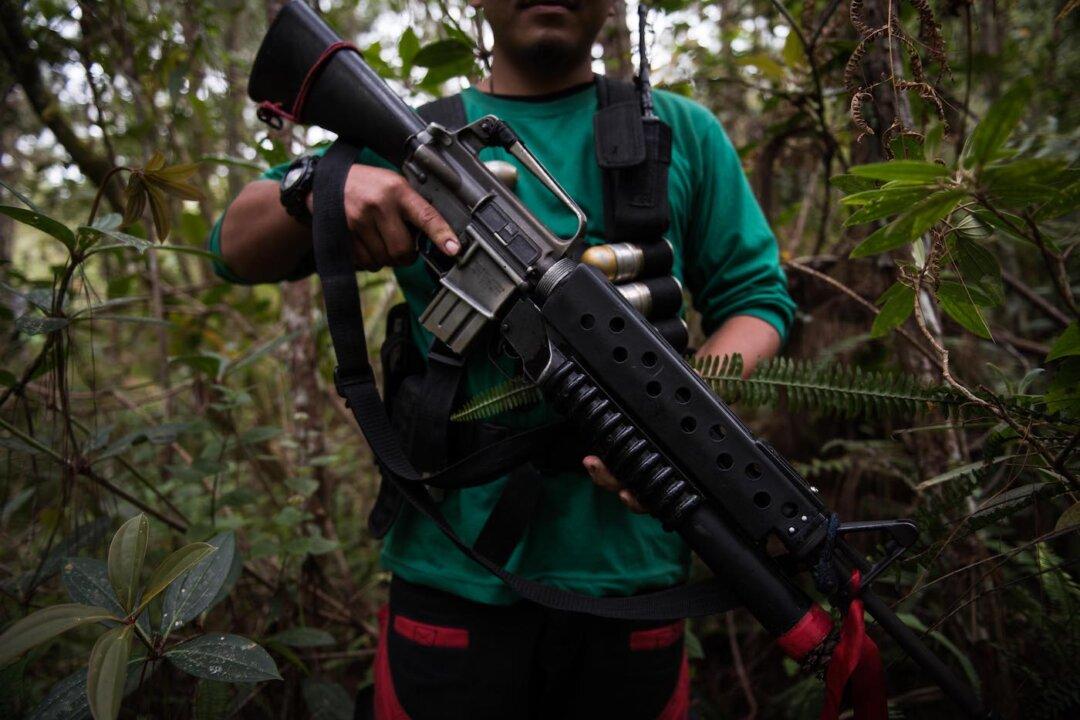A court in the Philippines has denied the government’s petition to declare the Communist Party of the Philippines (CPP) and its armed wing terrorists, ruling that the acts committed were more akin to rebellion than terrorism.
The government filed the petition against the CPP and its armed wing, the New People’s Army (NPA), in February 2018. If approved, it would have been authorized to assess the bank accounts of party members and leaders.





